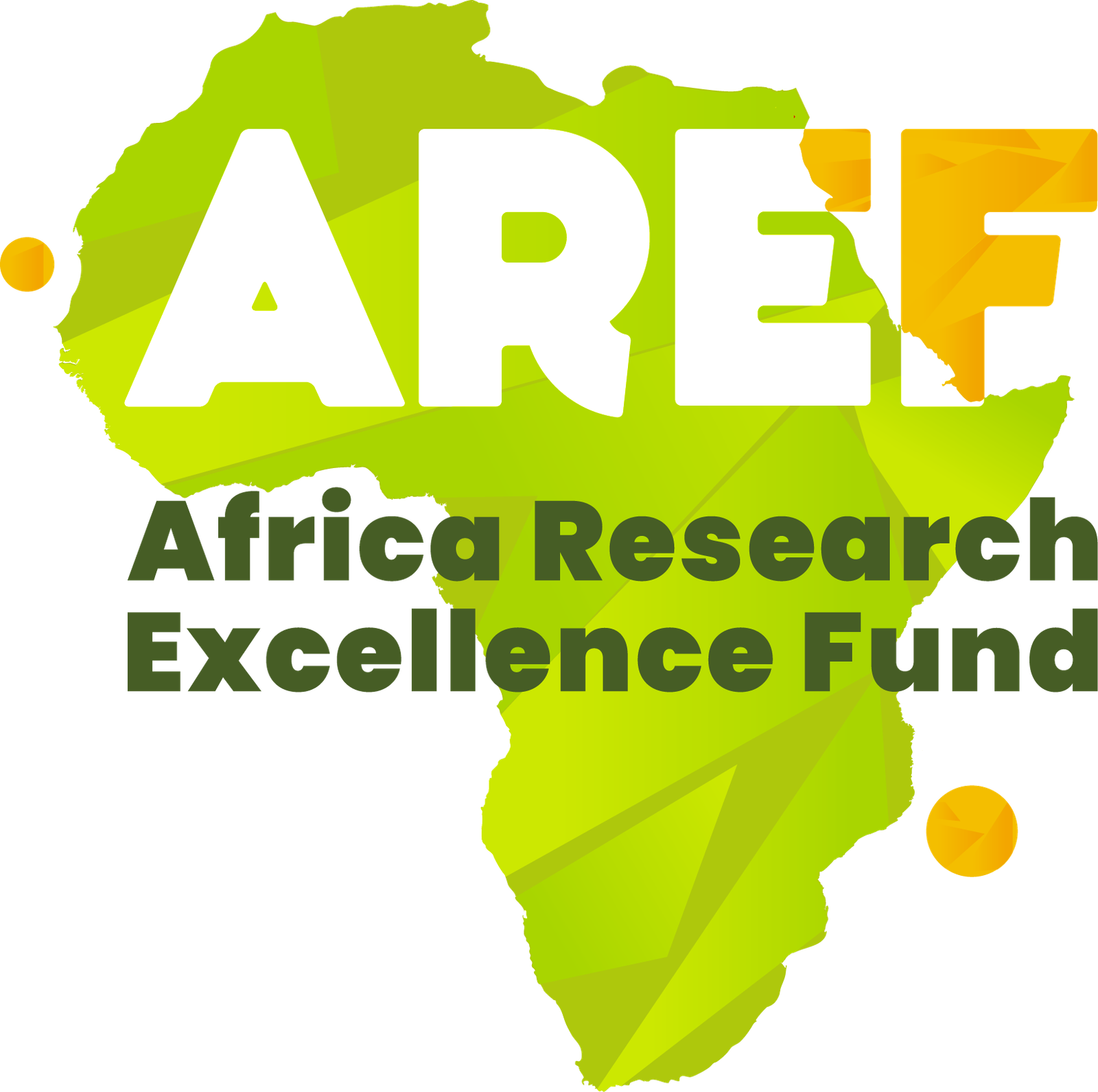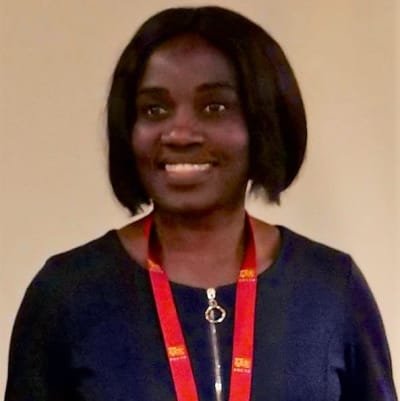Host organisation: University of Witwatersrand, South Africa
Project title: What are the mechanisms behind occult hepatitis B virus infections in HIV infected individuals in Botswana?
Dr Motswedi Anderson is a Postdoctoral Fellow at the Botswana Harvard AIDS Institute Partnership. Her research interests are in viral hepatitis and HIV. She completed her PhD in Biological Sciences in 2018 on the topic ‘Prevalence and molecular characterization of hepatitis B virus infection in Botswana’.
AREF Fellowship research project:
Around the world, there are 270 million chronic hepatitis B virus (HBV) carriers. Routine screening for this infection is by detecting hepatitis B surface antigen (HBsAg). But this approach misses hidden hepatitis B infections (OBI). OBI is defined as the presence of HBV DNA in people whose tests for the virus HBsAg are negative: they are infected but don’t show up in the standard screening test. There are several suggested mechanisms behind these hidden infections. They include mutations in the virus. Mutations could affect how the virus replicates and is released from liver cells and whether it can be detected by screening tests.
“I aspire to be a renowned researcher playing a key role in combating viral hepatitis. With this AREF Fellowship I have a rare opportunity to acquire pivotal technical skills and to work towards winning grant funding so much needed by early career researchers in resource-limited settings.”
Dr Anderson adds “Researchers have discovered many viral mutations associated with hidden infection. But we know little about how those mutations affect virus behaviour. I will use my fellowship to discover some of the mechanisms that cause hidden hepatitis B infection in people with HIV in Botswana. I will be studying virus and cells grown artificially in the laboratory. With new understanding of the mechanisms that cause hepatitis to be hidden (OBI), scientists will be able to develop new diagnostic and preventative strategies.”
Dr Anderson’s fellowship will take her to the University of Witwatersrand in South Africa for six months training on in-vitro functional techniques with which to study OBI.
“These skills will strengthen my competitiveness for future grants, which will enable me to contribute to the training and mentoring of future scientists while also conducting impactful research that guides policy.”



